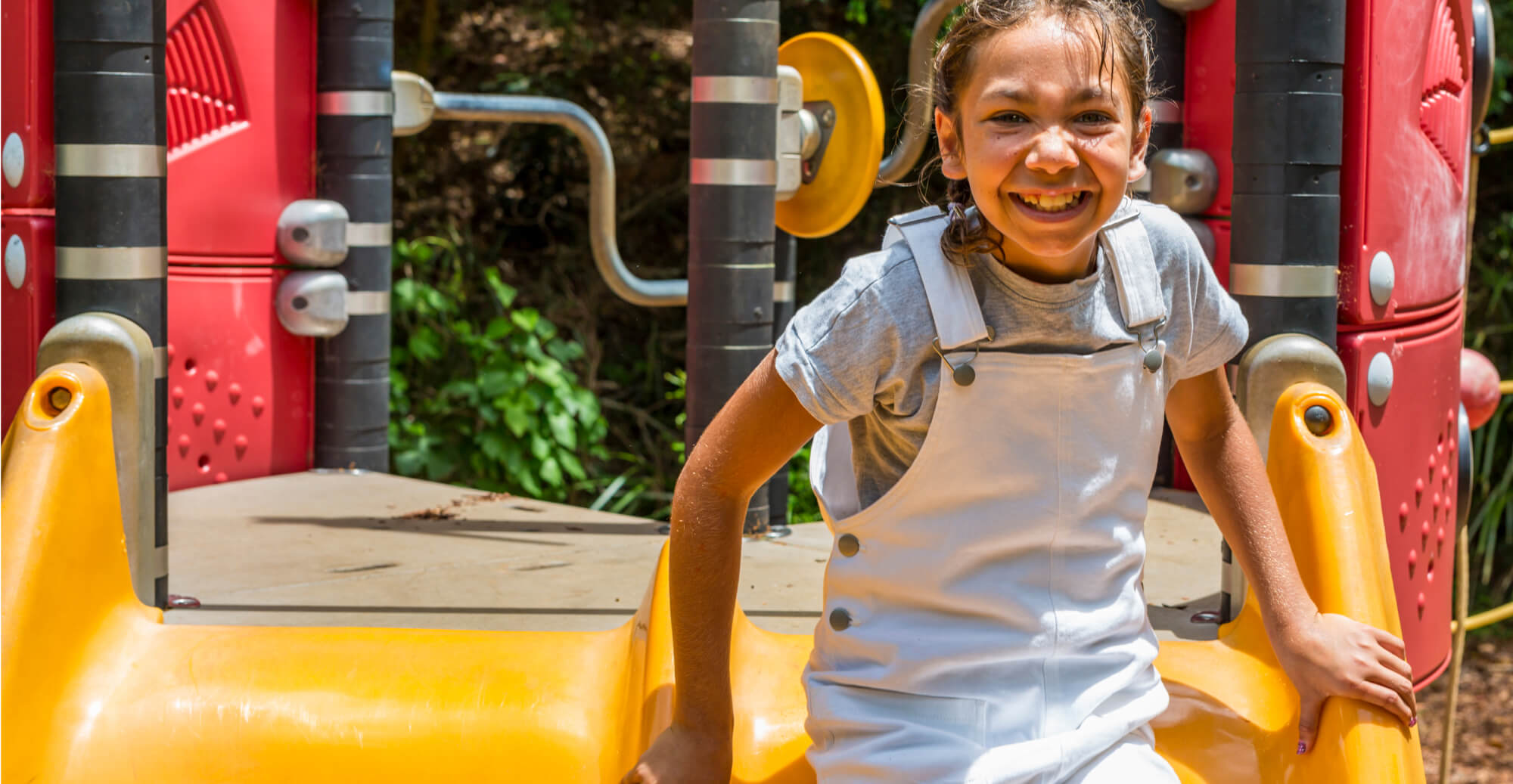Aboriginal and Torres Strait Islander mental health services provide access to effective high-quality health care services in regional, rural and remote locations. This includes through Aboriginal Community Controlled Health Organisations (ACCHOs), wherever possible and appropriate, as well as through mainstream services delivering culturally appropriate primary health care.
This program enables Aboriginal and Torres Strait Islander people access to mental health services that are joined up, integrated, culturally appropriate and safe, and designed to holistically meet the mental health and healing needs of Aboriginal and Torres Strait Islander people at the local level.




